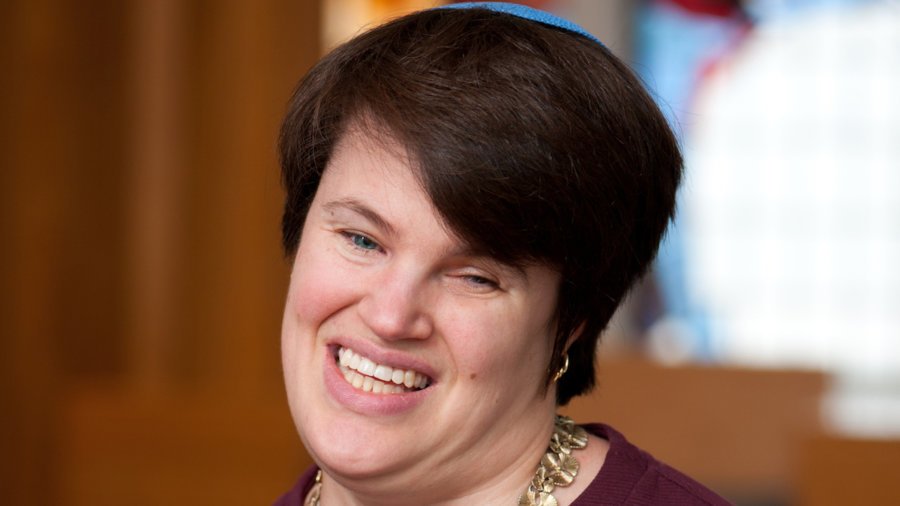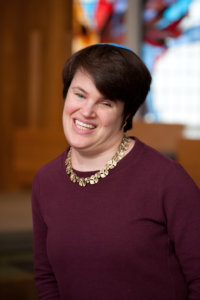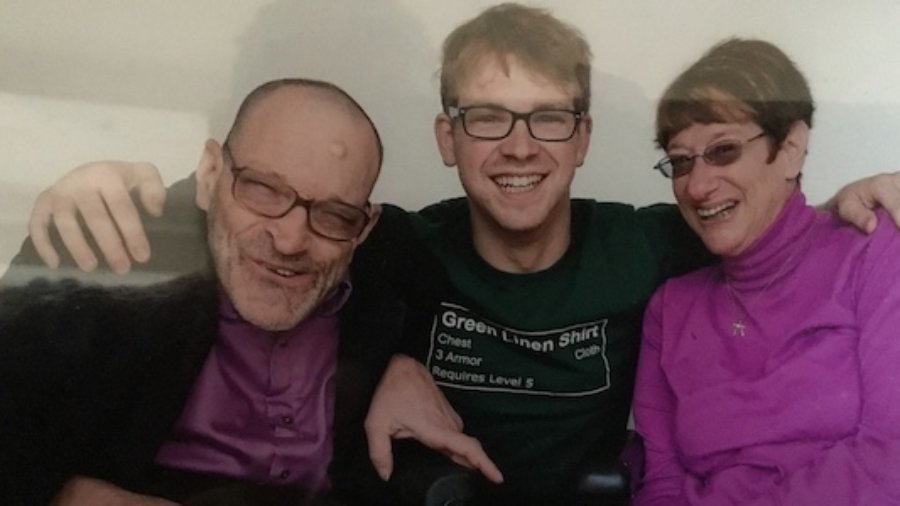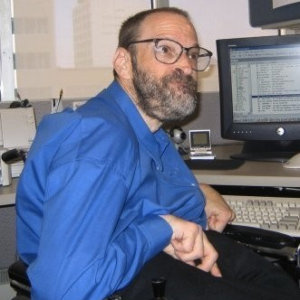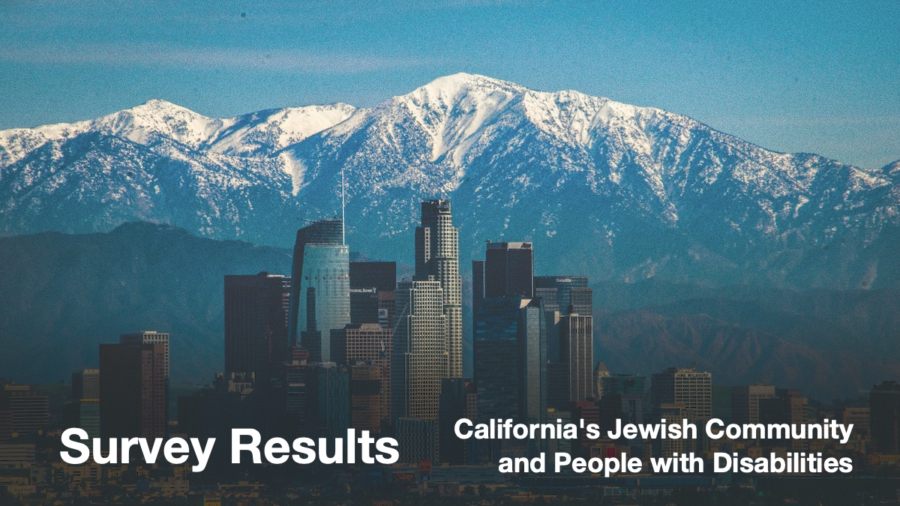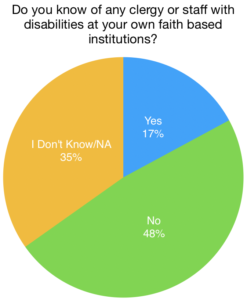Judaism taught me that we are all created in the image of God; the disability rights movement has taught me what this means. This statement from Rabbi Ruti Regan, an Autistic Conservative Rabbi, has become a personal mantra that defines why disability inclusion is critical to us as a community. At the Jewish Federation of Greater Washington, our mission is to inspire, build, and sustain vibrant Jewish life in a changing world by mobilizing our community in common purpose, intentional innovation, and effective action. Advancing inclusion is one way we give this mission meaning.
Guided by the work of Dr. Arielle Silverman, social scientist and creator of Disability Wisdom, I have begun to appreciate the stages that we go through on the journey to advance disability inclusion. This journey marks the transformation from antipathy to passive exclusion to helping as a form of chessed (charity). It involves a growing understanding of individual accommodations and the fundamental right to be included. The somewhat allusive end of this journey is a paradigm shift where inclusion becomes something seamlessly embedded into society.
Our actions place us at various stages on the inclusion journey. When we fail to consider who is missing from the communal table or proactively budget to provide accommodations, we slip into passive exclusion. When we reach out to help others, we begin to acknowledge that the image of God is in each of us. This is a complicated journey with steps forward and backwards. Inclusion is not a checklist to complete and move on. As we listen to each other, we discover changing needs that require ongoing introspection and innovation. Advancing this social justice movement requires thoughtful reflection and community leadership.
As we learn from disability advocates within our community, we begin understanding the ramifications of ableism, start to challenge the status quo and look for innovative ways to create change. Central agencies, like The Jewish Federation, provide an active space for the discussions and collaborations that enable us to improve our community. At Federation, the Disability Inclusion Network is an open forum dedicated to exploring complex issues with disability self-advocates, community members, and agency professionals. This year, we have had the pleasure of learning from activists like Judy Heumann, Arielle Silverman and Aaron Kaufman.
Convening and collaborating is also the focus of the Federation’s Disability Inclusion Synagogue and Employment Working groups. The former inspires participants to recognize where they are in their inclusion journey and identify steps to advance inclusion. The latter helps businesses address their needs by employing individuals with disabilities. The employment group also organizes the annual Road to Independence: A Resource Fair for Young Adults with Disabilities and their Families, which is free and open to the public, and takes place this month on Sunday, March 31st, 1:00 p.m. – 3:30 p.m at The Jewish Federation of Greater Washington (https://shalomdc.org/resourcefair). Additional initiatives to combat stigma include Youth Mental Health First Aid Training and the Ambassador of Inclusion educational curriculum. Resources for advancing inclusion and listings for upcoming events can be found on Federation’s Disability and Inclusion webpage (https://www.shalomdc.org/disabilitiesandinclusion).
Advancing disability inclusion is a journey based on Jewish values that encourages us to care for each other and create good in the world. Being inclusive makes our community more open, connected, and vibrant. We can all agree on the value of being inclusive. By working together, we can mean it.
Lisa Handelman is the Community Disabilities Inclusion Specialist at The Jewish Federation of Greater Washington. As a community resource and area specialist, Lisa partners with individuals with disabilities, families, and community lay and professional leaders to develop, implement, and monitor opportunities for inclusion of individuals with disabilities into all aspects of Jewish learning and living. Lisa has worked in Jewish education and inclusion for over 20 years, including leadership roles at the Yeshiva of Greater Washington, SULAM, Charles E. Smith Jewish Day School and Capital Camps & Retreat Center, where she designed and has led the nationally recognized inclusion-based program for the past 15 summers.
In our weekly Shabbat Smiles, RespectAbility welcomes a wide spectrum of voices. The views expressed in each Shabbat Smile are those of the guest contributor.
The Shabbat Smile is curated and edited by Debbie Fink, RespectAbility’s Director of Community Outreach and Impact and Vivian Bass, RespectAbility Executive Committee Board Member.


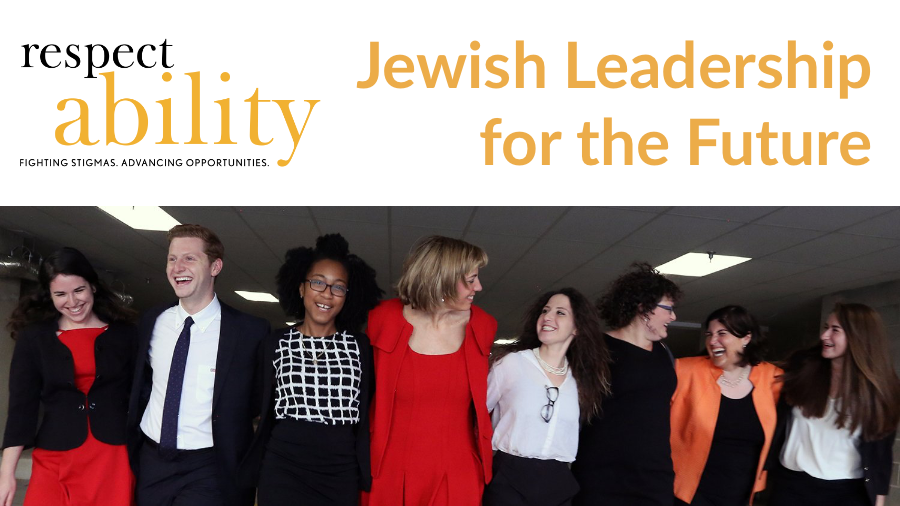
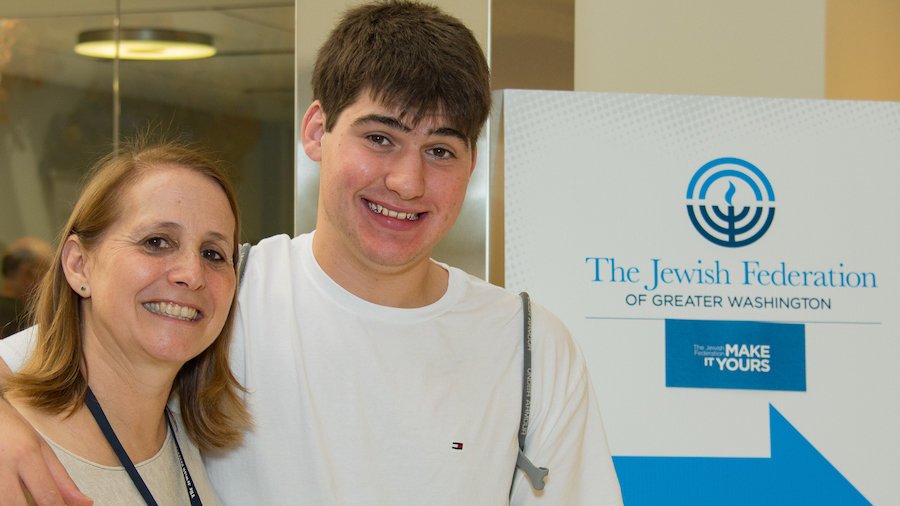
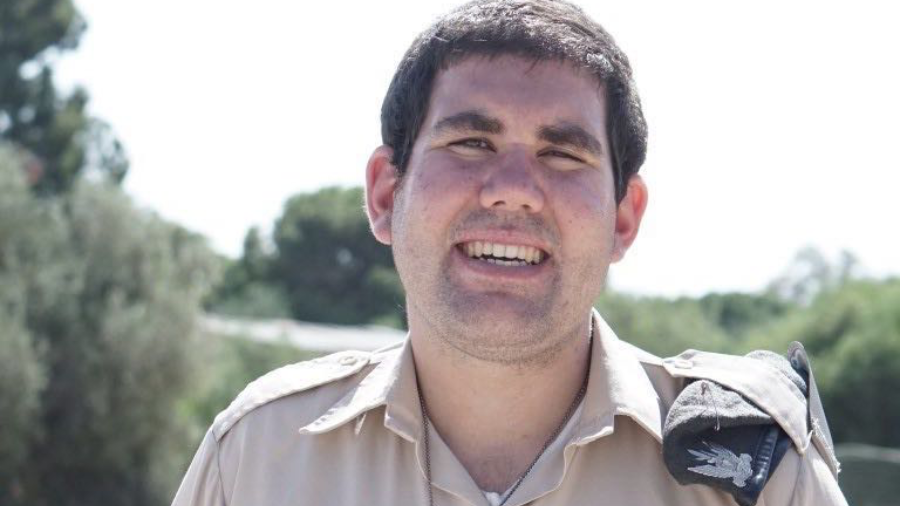
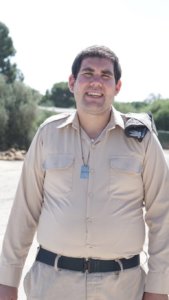
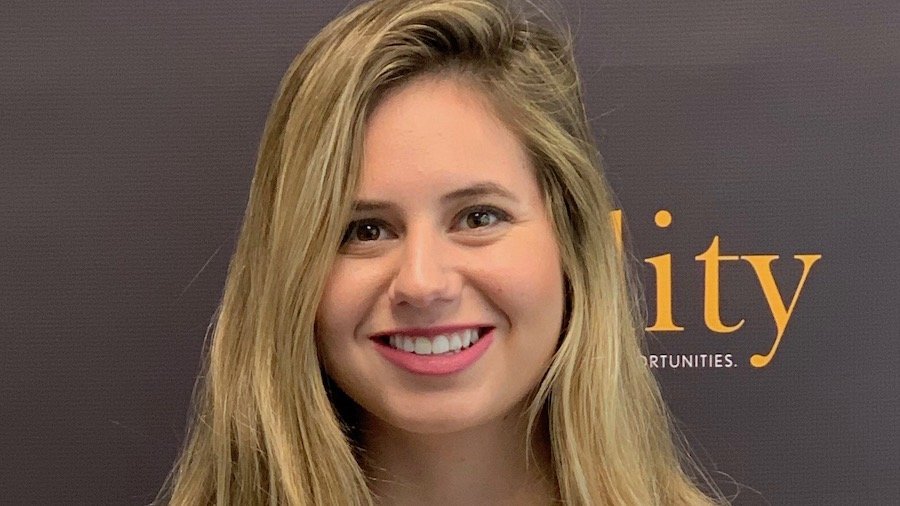
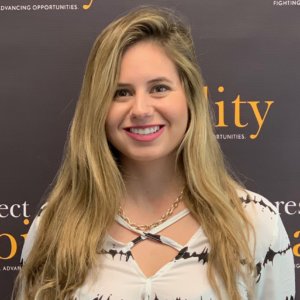 I don’t wear glasses, at least physically speaking. My identity as an American Jew with learning disabilities acts like glasses though. It is as if my disability is a lens teaching me the power of perspective. I can apply my Judaism lens to better understand my disability, and my disability helps me understand Judaism. Together both teach me the true meaning of otherness.
I don’t wear glasses, at least physically speaking. My identity as an American Jew with learning disabilities acts like glasses though. It is as if my disability is a lens teaching me the power of perspective. I can apply my Judaism lens to better understand my disability, and my disability helps me understand Judaism. Together both teach me the true meaning of otherness.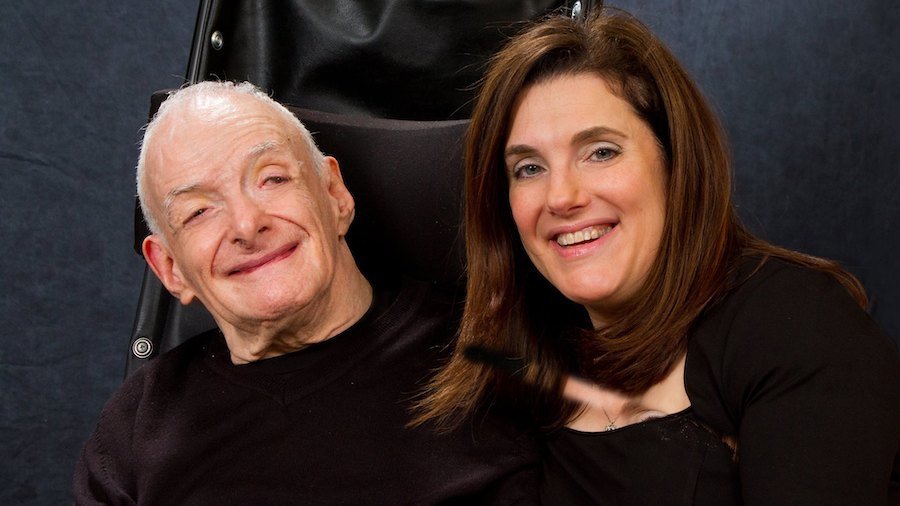
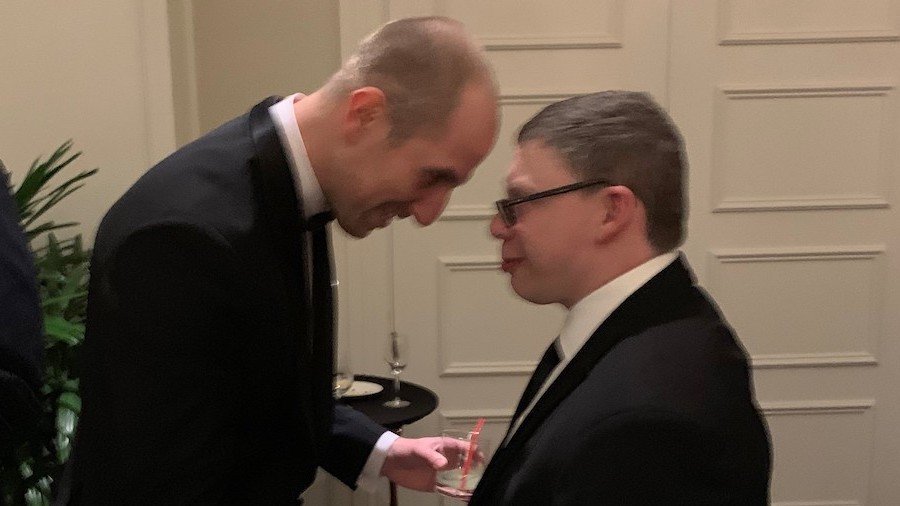
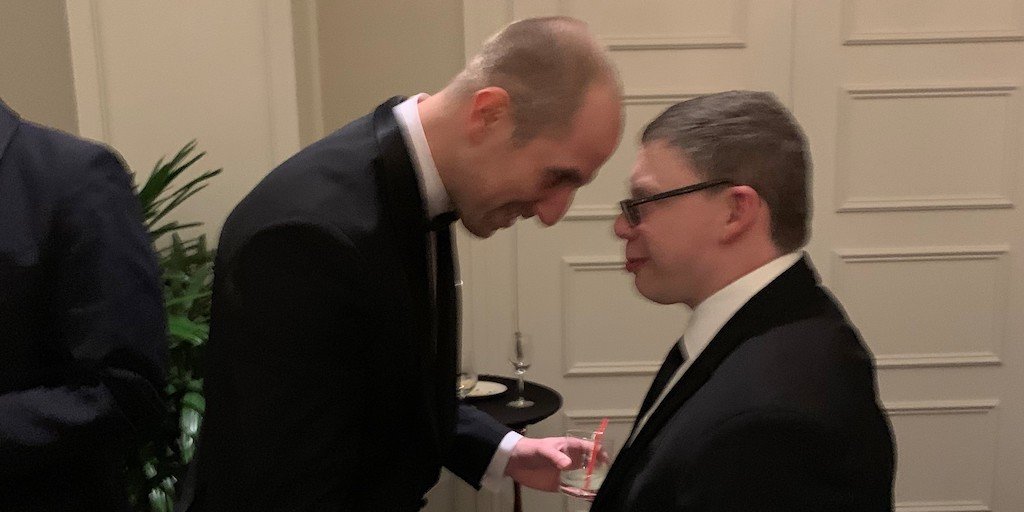
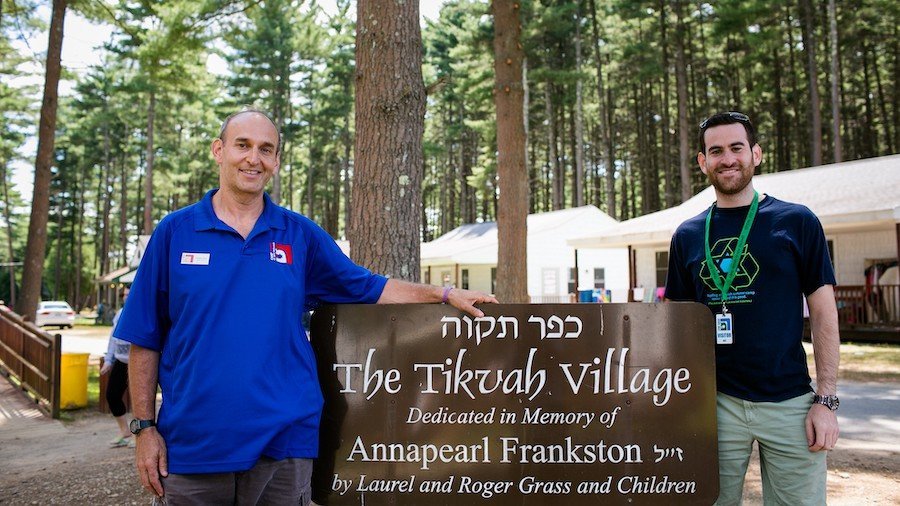
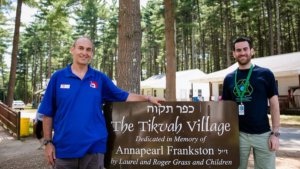 In considering great heroes, dates, places and milestones in the history of disabilities inclusion, one is more likely to think of Tom Harkin, ADA, and 1990 rather than think of Herb and Barbara Greenberg and Donny Adelman (z”l), 1970 and Camp Ramah in Glen Spey, New York. Yet, without the pioneers Greenberg and Adelman, there may have been no Jewish inclusive camping. The Ramah Camping Movement’s network of Tikvah (“Hope”) programs, which currently serves nearly 400 participants each summer in ten overnight camps, five day camps and Israel programs, is currently celebrating 50 years from that first memorable summer in 1970.
In considering great heroes, dates, places and milestones in the history of disabilities inclusion, one is more likely to think of Tom Harkin, ADA, and 1990 rather than think of Herb and Barbara Greenberg and Donny Adelman (z”l), 1970 and Camp Ramah in Glen Spey, New York. Yet, without the pioneers Greenberg and Adelman, there may have been no Jewish inclusive camping. The Ramah Camping Movement’s network of Tikvah (“Hope”) programs, which currently serves nearly 400 participants each summer in ten overnight camps, five day camps and Israel programs, is currently celebrating 50 years from that first memorable summer in 1970.